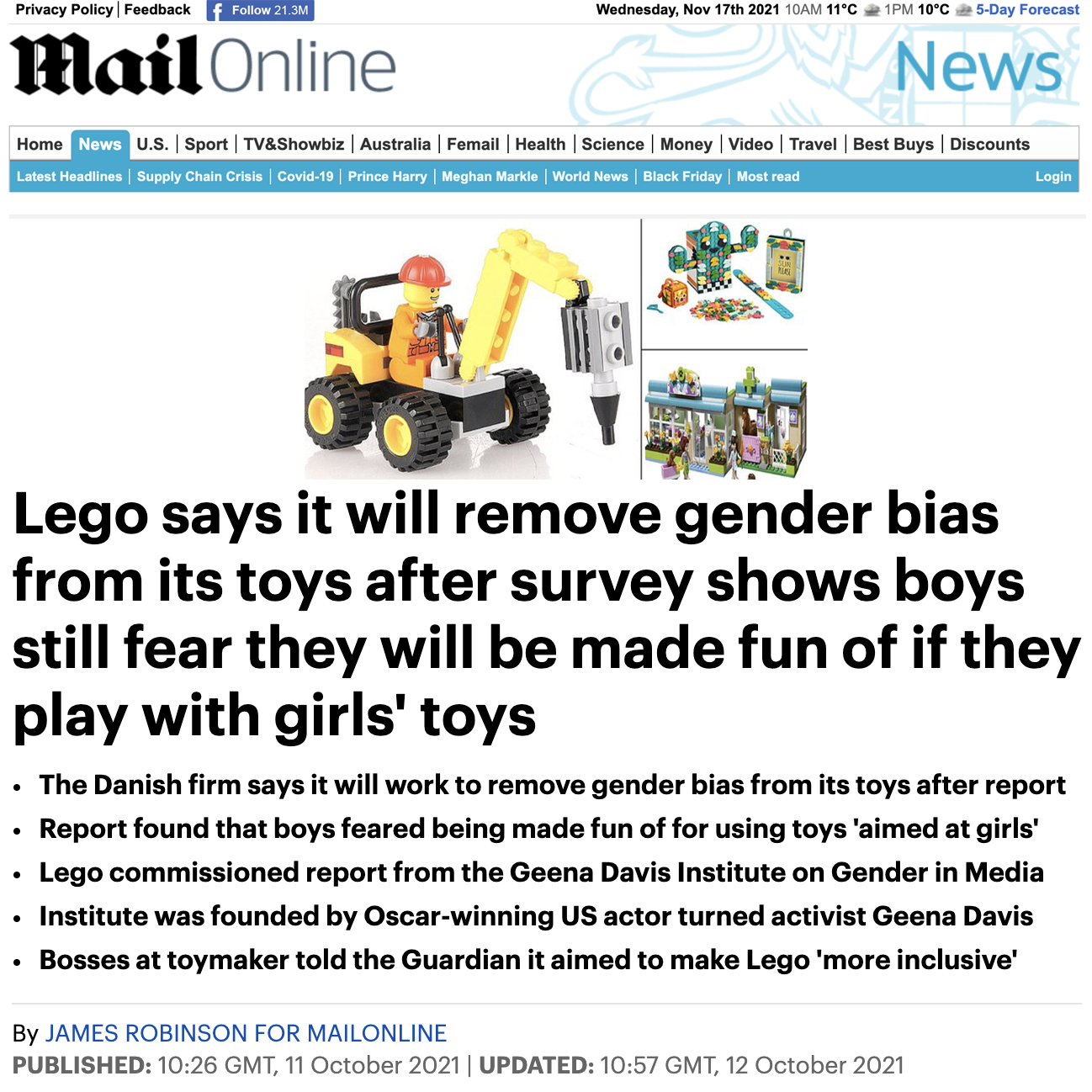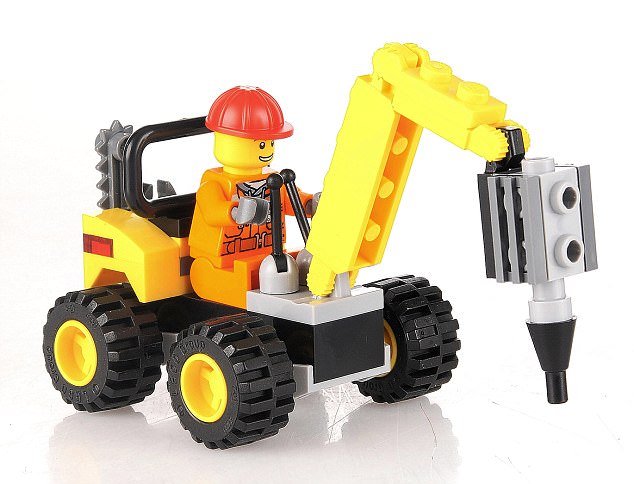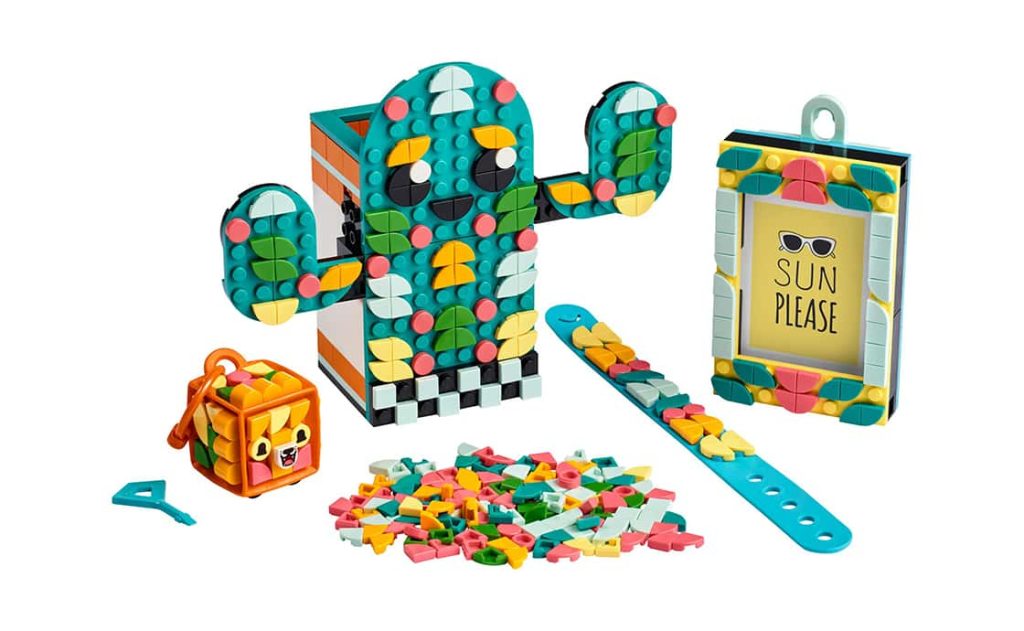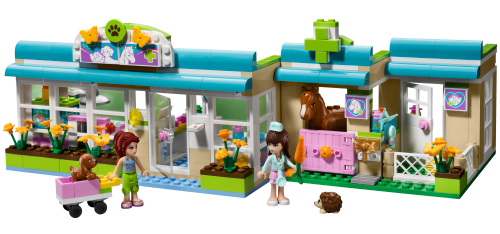
The famous Danish firm, the world’s largest toymaker, says its products are primarily used by young boys.
But it says it will now work to remove gender bias from its toys and push towards products aimed at both genders.
Bosses of the plastic brick toy firm have heralded products like Lego Dots and Lego City Wildlife Rescue as the way forward.
They say the company, which built up sales to £4.95billion last year, was ‘working hard to make Lego more inclusive’.
It comes after a report by the Geena Davis Institute on Gender in Media – set up by Oscar-winning US actor turned activist Geena Davis – found that seventy-one per cent of boys surveyed feared they would be made fun of if they played with what they described as ‘girls’ toys’.



Commissioned by Lego, the report involved a survey of almost 7,000 parents and children aged six to 14 from China, the Czech Republic, Japan, Poland, Russia, UK and the US.
It found parents were likely to encourage their sons to take part in sports or Science, Technology, Engineering or Maths (STEM) activities, while daughters were more often offered to dress up, dance or bake.
But other experts suggest that while girls are now being pushed to do more ‘boy’ activities, boys were not being encouraged as much to take part in ‘girl’ activities.
They say that, as a result, girls were developing more rounded skills, but boys were missing out on skills such as nurturing.
Meanwhile, researchers at the Geena Davis Institute on Gender in Media, found that while girls were becoming more confident and keen to engage in a wide range of activities, the same was not true of boys.
Madeline Di Nonno, the chief executive of the institute told the Guardian: ‘Parents are more worried that their sons will be teased than their daughters for playing with toys associated with the other gender.
‘But it’s also that behaviours associated with men are valued more highly in society.
‘Until societies recognise that behaviours and activities typically associated with women are as valuable or important, parents and children will be tentative to embrace them.’
Addressing the results of the report, Julia Goldin, the chief product and marketing officer at the Lego Group, told the Guardian: ‘We’re working hard to make Lego more inclusive.
‘Traditionally, Lego has been accessed by more boys, but products like [arts and crafts line] Lego Dots or Lego City Wildlife Rescue Camp have been specifically designed to appeal to boys and girls.
Les mer
0